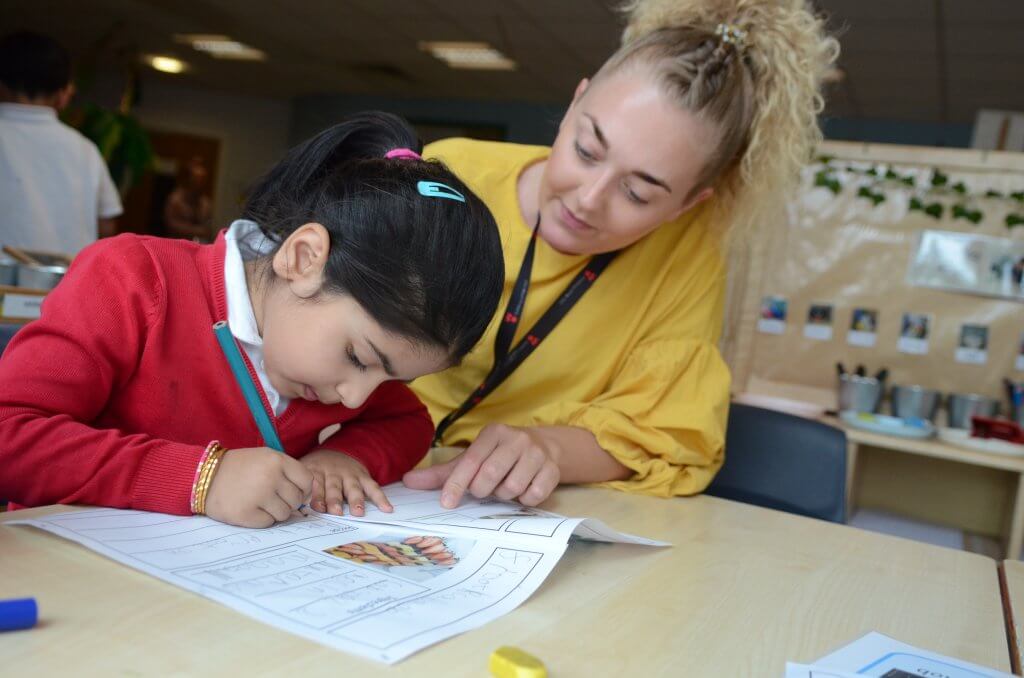Our Senior HR Manager, Pam Mason, offers guidance on the latest about academies and MATs.
Around 18 months ago I wrote a blog about Academies and MATs which highlighted academisation was still very much on the agenda and there had been a real acceptance by main political parties that in the education world the way forward is creating more academies and merging smaller MATs together to increase capacity across the system.
At last year’s Lancashire RSC conference in Manchester we heard Vicky Beer outline that further improvements to the Academy & MAT system are needed, commenting she felt there are too many small MAT’s in operation with little accountability or rigour. She stated she does not want to see MAT’s putting in unnecessary energy and re-inventing the wheel, she asked for more collaboration between MAT’s with a view to more merging in the coming months. Her clear focus was to create MATs with 6-10 academies within them with the optimum of 11-20.
Since then it seems all has gone quiet, I presume due to the Brexit shenanigans and obviously COVID-19, everyone at the top must be very busy, therefore we have not heard anything further from Government or from the DFE about their future aspirations of Academies and MAT’s.
However, after a little research the data is interesting. Throughout the last 12 months and actually during the pandemic schools have continued to acadamise and the Headteacher board meetings have been happening each month, where academy applications are discussed and granted. The last meeting held in the North West was on the 27 August 2020.
Currently there are 8624 academies in England and 1399 MATs, these numbers are nearly double to those reported in 2018, which is very encouraging.
Jeff Marshall, a specialist in MAT growth and development, is certain that MAT’s have been preparing for growth. He told me that “Regional School Commissioner offices have continued to look at capacity in MAT’s and the Trust Capacity Funding (Toaff) rounds have significantly increased interest in MAT’s looking at growth models. So, in order to secure TCaF funding, Trusts have been commissioning our growth audits so they can prove capacity to grow”.
Jeff has seen some interesting trends and commented to me that “bids for TCaF, mergers and hub models in MAT’s have been noticeable. MAT’s looking at their ‘offering’ and interest in approaching maintained schools to join show many MAT’s are now thinking strategically and with a more business minded thought process”.
Looking a little deeper in to the statistics we can see that the majority of MATs continue to have just 3 or 4 academies in them which does not tie in with the DFE’s desires last year. It would be interesting to know why this is the case and why so many small MATs are still being allowed to ‘standalone’. Some sets of data from the DFE show that the larger MATs of 6-10 academies are more successful with higher performance of students and employee satisfaction. My question is why is there not more investigation and direction in merging smaller MATs and especially standalone academies?
So why do some MATs fail?
I recently listened to an interesting podcast from Sir David Carter and in his opinion MATs fail or MATs do not reach their full potential when:
Governance is weak: MATs do not do well where this is no sense of accountability or where systems and protocols are weak across the Trust. Finanical efficiencies must be rigorously analysed by all stakeholders.
Individual academies keep too much autonomy: Carter commented that schools joining MATs have been allowed to keep too much autonomy, some headteachers are still not held to account or asked to review systems therefore positive changes do not happen. In my experience some schools joining MATs have been allowed to keep their own structures and not been made to make changes, often resulting in no visible increases in performance, any academy or school joining a MAT should be fully scrutinised and supported in making changes which align with the MATs values.
Too little collaboration: Performance cannot be strengthened if Academies and Trust leaders don’t network together and share resources.
What makes a strong Trust?
During the podcast he briefly outlined what makes a strong Trust, Carter stated that a set of strong core values are essential. All academies in a Trust must work and mirror the same set of underpinning values. He stated that Trusts must ensure leadership capacity is enhanced quickly to ensure all academies are provided with the bespoke support they need to achieve. I enjoyed his comment that all schools require improvement regardless if they are Good or Outstanding, he states clearly all academies and schools must have the desire to improve in order to positively change lives of young people.
In late September Schools Week reported that School Leaders are exhausted and anxious due to their ever growing responsibilities and having to digest and implement Government guidance around COVID. Michael Pain, CEO of the Forum Strategy said, “I am hearing more headteachers – particularly those heads who have been isolated without the support of a trust central team through the crisis – talking about bringing forward their retirement or moving on to other things”. MATs with central services such as HR, Finance and Compliance can support the wellbeing of Academy headteacher’s by offering wrap around support so heads can ‘get on with the day job’.
What is the future?
Clearly no one has a crystal ball and as we know our Government can change guidance and direction in the blink of an eye. My view is it would be great to see standalone academies and small MAT’s merging with larger, stronger MAT’s, whom have more capacity, to provide targeted support in local communities. It’s disappointing to see in some communities some schools are failing yet others are flying high and the cause could be down to the level of support they receive from their
Local Authority or MAT. I say this with a health warning though as it is imperative a Trust does not grow too quickly which could drain capacity and diminish the positives of merging or joining a larger Trust.
I also think that some Executive leaders could be concerned in joining another MAT as they may not see where their executive position may sit in an existing structure, a little like turkeys voting for Christmas?
To conclude, it’s clear the academy system needs more intervention. The RSC needs to do more to encourage failing academies, trusts and maintained schools into joining other successful, high capacity MATs. It is not just about increasing the academisation of schools but the merging of MATS is of equal importance. Merging or a MAT being ‘taken over’ may have political ramifications that the organisations involved need to address internally and externally at an early stage.
Leaders, Trust members and Governors need to morally review their effectiveness and consider if they are truly providing the best education to the young people they serve or if things could be better in a different system.
We can help and support you or your governing body in making key decisions and we offer a FREE academy discussion to leaders or governors. We can also provide a full academisation service.













